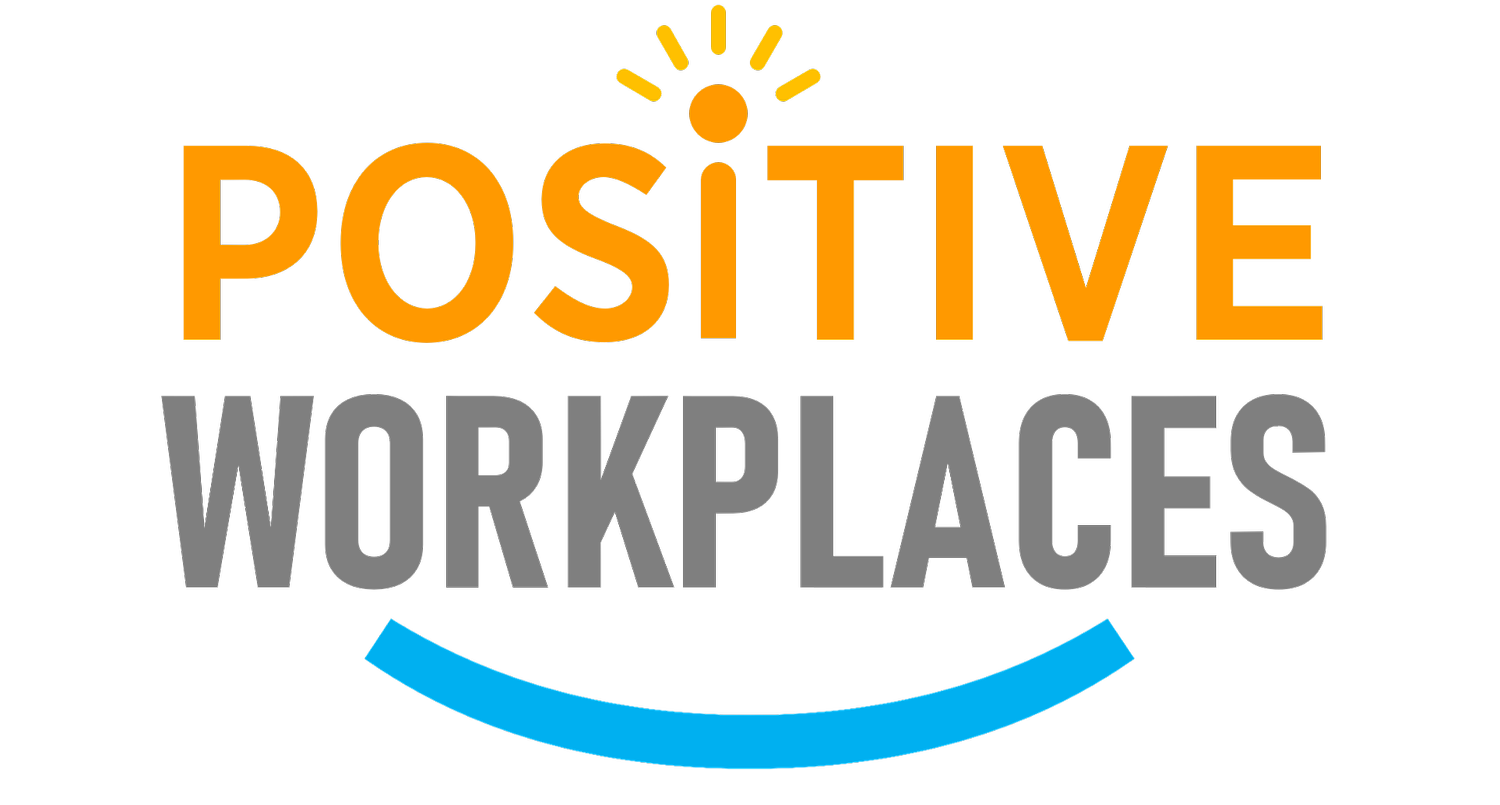Positive Workplaces at the PSSP Conference
For the first time in the company’s history, Positive Workplaces managed to present at the PSSP Conference!
What is PSSP?
Pambansang Samahan sa Sikolohiyang Pilipino (PSSP) is a professional organization dedicated to the development and perseverance of Sikolohiyang Pilipino (SP). Their aim is to ensure that a predominantly Filipino perspective and view is maintained when approaching local cultures and psychological concepts.
Last July 1-3, PSSP held their very first conference on ginhawa (Unang Kumperensiya sa Ginhawa). Within the past year, the COVID-19 virus has changed and shaped the lives of individuals and society as a whole. With that in mind, the conference was held with the goals of understanding the experiences of Filipinos during the pandemic, modeling the means of achieving kaginhawaan in the different aspects of one’s life.
To be precise, envy stems out of feelings of inferiority--of wanting to have something or someone we do not have. On the other hand, jealousy is more centered on delusions of inferiority towards losing someone or something to another person who is ‘better’ than us. In either case, these emotions have been with us since early childhood, and are carried with us as we age. Distinguishing them will be helpful towards understanding what we need to do about them.
Tagasalo: Experiences of individuals from non-profit organizations during the COVID-19 pandemic
Among several renowned speakers in the field of SP, our very own team of researchers represented Positive Workplaces at the conference. The team, composed of Ric Charles Jordan Cayat, Chloe Mabasa, Beatrice ‘Chi’ Schallenberg, and Katrina Saavedra, presented their very own study on the concept of tagasalo.
Tagsalo is more than the familial concept of being a ‘breadwinner’ or financial and emotional support system. The team uncovered how tagasalo can appear at the workplace as well--and it’s more overlooked than we think.
What does this mean for workplaces?
Cayat et al. discovered that the term tagasalo was either perceived to be a quality/trait or an action. Regardless of connotation, both definitions included concepts such as:
being honest about problems faced inside and outside of the workplace
being resilient and being capable to face these problems
being willing to and voluntarily accepting work
being compassionate and empathetic towards co-workers
being able to strengthen interpersonal relationships at work.
Above all, this study paves the way for understanding how tagasalo occurs at work. By understanding their experiences, we can shape cultures at work that support these people and systems.
What does our team have to say about their study?
In order to help share their thoughts on their recently presented study, we asked them a few questions.
Looking ahead, what do you think are the implications of the study?
Chloe: I really hope the research is the beginning of understanding how to support the people who spend their time helping others. We need to create more ways to support and enable them to continue helping.
Chi: I think it can benefit NGOs because it will be much easier to find ways to improve the wellbeing of their entire organization.
What was your favorite part of the research process?
Ric: Coding is a highly reflective experience which allows me to identify my personal biases and gain a wider perspective about different social realities.
Trina: Definitely the interviews! I enjoyed getting to listen to our participants' stories and finding more about how they grew up to be a tagasalo and how they brought it to their workplace.
To watch the whole video, click this link:
References
Cayat, R. M., Mabasa, C., Saavedra, K. H., & Schallenberg, B. (2021). Mga Karanasan ng mga Tagasalo sa mga Non-Profit Organization sa Gitna ng COVID-19.










